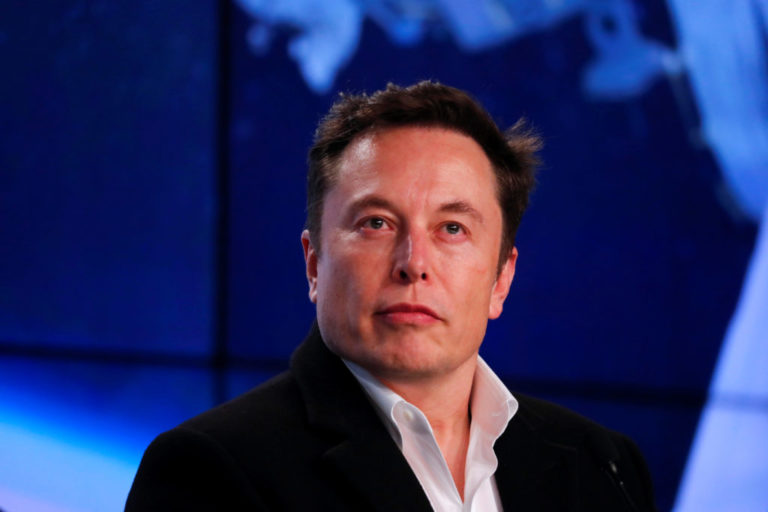As AI becomes the new normal across various sectors, its role in shaping the next wave of futuristic technology is even more pertinent now. Though the technology has proven to be more effective with its application cutting across major industries, experts and sceptics believe that there is a need to bind the technology before it goes out of control.
With technology making substantial inroads militaries and other defence-related areas across the world, experts believe that AI- could lead to potential escalation between nuclear-superhouses and other states. In a blog, ”This could include entering into an arms race, doubling down on the modernisation of nuclear arsenals, renouncing a ‘no first use’ policy, increasing alert statuses, or further automating nuclear launch policies,” Dr Vincent Boulanin is a Senior Researcher at SIPRI points out in a blog post.
The potential AI-mishap is feared not just by researchers who are looking at the convergence of AI and nuclear weapon technology, popular technocrats like Bill Gates and Elon Musk have been an open critic of the technology, with both of them comparing AI’s threat to humanity to that of a nuclear weapon.
It All Started With Project Maven
In 2018, Google staff signed a petition which questioned its deal with the Pentagon over the use of drone technology for military tagging. Under ‘Project Maven’ the US military wanted to process a vast pool of battlefield data and analyse footage from predator drones to zero in on buildings and vehicles with suspects.
Stating that the technology can lead to civilian deaths and loss of other innocent lives, Google employees signed a petition questioning the ethicality of the move and said that such a measure could lead to AI-related modern warfare in the near future. Due to the mounting pressure from the employees, in a letter to the employees, the company clarified that it will be discontinuing the project.
In yet another instance, Russian media in what it claims to be an “accidental leak” revealed that the country is in possession of the ultimate killer AI-powered robot. The undersea drones, which will be launched from the Russian Arctic, can traverse at 100 km/hr to reach the US coastline. The autonomous drone is believed to be equipped with AI, thus enabling underwater communication of the device.
The Need For A Binding Policy
It is not just foreign nations that are mulling over the application of AI in the military. The Indian defence has been actively incorporating AI-powered monitoring systems into their arsenals and are in possession of several autonomous drones for the purpose of aerial and border surveillance. The Defense Ministry has also entered talks with the Israeli government to procure more advanced drones with sophisticated technologies.
These advancements in the field of AI is suggestive of the technologies rapid progression into the military and considering its potentail to dictate, predict and analyse, the adoption of the technology to nuclear weapons will only be seen as a feasible combination.
With the possession of nuclear-weapon considered to be the mark of world domination, countries like the US, China and Russia are on a close battle to outdo oneself to earmark as the AI dealer.
Though warning bells have been resounded from across the world, the only concrete measures that have been taken from the government’s end is that of promoting ethical AI which warns that technology providers to effectively use user’s personal database. As of now, discussion and policy framework limiting the use cases and capabilities of AI in nuclear technology is limited or close to none.
Hence, there is a need for the proactive measure from governments to come together and deliberate on the usability of AI and future development in this regard, falls within the ambit of the existing Non-Proliferation Treaty. Just as countries united to tackle a nuclear catastrophe in the wake of the Cold War, existing law within the treaty should be tweaked to clearly mandate the role of emerging technologies in shaping nuclear development.

























